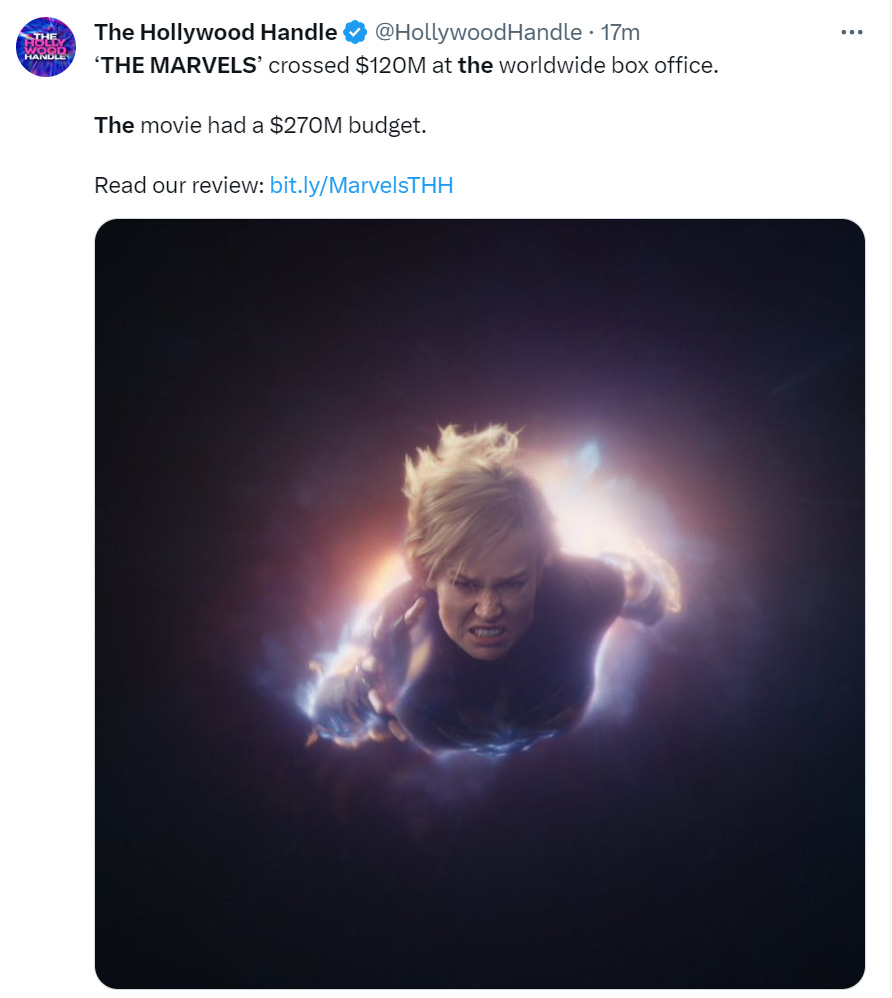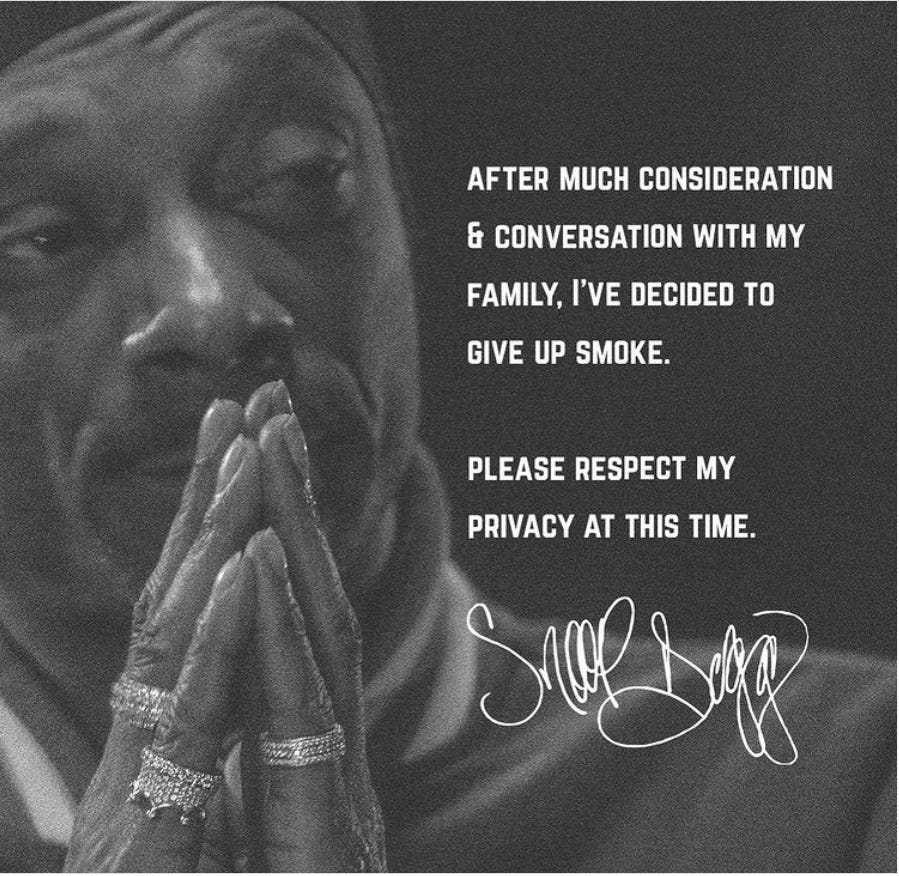Borkowski Media Trends: TikTok x Streamers | Cameron Returns & More
PLUS: Marvel facing a downfall? | Has Snoop gone smokeless?
TikTok's 'Add to Music' Feature: Bridging the Gap Between Music Discovery and Streaming Giants
TikTok has launched a new feature that allows users to save songs directly to Spotify, Apple Music and Amazon Music without switching apps.
As we’ve said frequently on this forum, TikTok is changing the entire music industry. And this latest integration takes its influence a step further, forging a direct link between TikTok discovery and streaming service consumption.
TikTok's influence is already reflected directly on the charts, and it's not just about trending songs; it's about resurrecting older tunes and driving them back into the limelight. Think Miguel’s ‘Sure Thing’ or Justin Timberlake’s ‘What Goes Around Comes Back Around.’
Lady Gaga's "Heavy Metal Lover" is a prime example. The song gained over 100,000 daily streams on Spotify this week due to its viral success on TikTok.
The 'Add to Music' feature will only strengthen the link between TikTok virality and streams, increasing the platform’s king-making ability to redefine how music is discovered and consumed.
David Cameron & The Politics of Nostalgia
A couple of years ago this newsletter was positively festooned with analysis of the cultural trend for extreme nostalgia.
And with the Beatles atop the charts, Girls Aloud reforming, and every available morsel of beloved literary and cinematic IP being rebooted or adapted into a musical, that fad still pootles on undeterred. In recent months, a version of it has even become increasingly prominent in British politics.
This has been apparent in Labour’s increasingly Blairite tactics under Kier Starmer (albeit without the pizzazz, charisma or optimism of the 90s): rope-a-dope centrist fence-sitting that makes them difficult to outflank to the right, pragmatism on economic policy, and an increasingly hawkish approach to international affairs are all deliberate throwbacks to the UK’s most efficient vote-winning machine.
The latest such glitch in the Matrix came courtesy of the Conservative government; the return of former Prime Minister David Cameron as Foreign Secretary after a cabinet reshuffle enforced by the sacking of Home Secretary Suella Braverman.
The strategy behind the appointment is clear: despite a legacy defined by often-brutal austerity, a less-than-stabilising impact on global affairs, and the ignition of the process that would lead to the ongoing Brexit catastrophe, the travails of his successors mean that David Cameron’s time in Number 10 has aged rather well. Indeed some, particularly traditional Conservative voters or malleable centrists, see him as a symbol of a kind of patrician stability and professionalism that belongs to a bygone, almost halcyon era.
In this context, the government is projecting experience and statesmanship with Cameron’s appointment - in clear contract to Braverman’s brash unprofessionalism (or that of colleagues such as Andrea Jenkyns). But things are never that simple, and the downside of Cameron’s return, alongside some characteristic rabble-rousing by the party’s right-wing, is the impression that he has been given the job – as a Lord- simply because none of the government’s elected politicians are up to the task of Foreign Secretary in a world with issues as grown-up as Ukraine and Gaza to confront.
It's a double-edged sword; (Lord) Cameron is a bonafide heavyweight, but his return to government has allowed the Sunak regime’s enemies to position his appointment as a symbol of the unseriousness of the colleagues overlooked in his favour.
Can Marvel’s army of superheroes prevent its downfall?
The Marvel Cinematic Universe continued its seemingly inexorable decline this week, as The Marvels, the franchise’s 32nd entry, landed with a thud at the box office.
Marking the return of Brie Larson’s Captain Marvel, the film saw the lowest opening weekend for an MCU project since 2008’s The Incredible Hulk, long before the brand established its hegemonic cultural presence. Inevitably, a glut of takes followed about going woke and going broke – the film contains an all-female main cast and villain, as well as the MCU’s first ever black female director – but the reality is simply more nuanced. Released less than a day after the end of the SAG-AFTRA strikes, and on the heels of a lengthy Variety piece about its troubled production, The Marvels was never going to be a smash hit, but the underperformance does suggest that people are simply tired of the Marvel brand.
A certain breed of cinephile has awaited this moment since Martin Scorsese’s infamous comments in the New York Times in 2019, but it isn’t necessarily a sign of audiences clamouring for quality in their blockbuster fare either. The Marvels received mixed reviews from critics, as it’s predecessor Ant-Man: Quantumania did earlier this year, but the MCU has seen diminishing critical returns since 2021’s Eternals, widely considered the franchise’s first big misfire. That the film still earned a ‘Fresh’ score on Rotten Tomatoes speaks more to how that website’s metric is now so easy to game than it does a genuinely positive reception.
The franchise’s core brand fanbase still showed up (the audience skewed significantly male), but the cross-generational appeal no longer seems to exist. The root cause of the rot lies, then, in simple exhaustion – the marketing for The Marvels relied heavily on Brie Larson, but in order to get to grips with the plot, one needed to have seen four separate Disney+ miniseries. In a world where Disney have taught an audience that if they wait 45 days then a film will be ready to stream, why wouldn’t audiences stay at home, desperately trying to catch up with the never-ending stream of ‘content’ they may have missed?
The MCU will carry on, perhaps with a whimper rather than a bang, but the flop has implications for the multitude of brands and studios that now take their cues from the Marvel assembly line. For DC, currently being “refreshed” under the auspices of Marvel defector James Gunn, the question is surely whether audiences are completely sick of superheroes, or just the ones that feel…well, a little B-tier. Perhaps we’ll welcome back Iron Man with open arms, when he almost certainly rises (or reboots) from the dead. But taking the brand back to its heyday will cost money, and with eye-wateringly expensive flops on their hands, it’s worth watching to see if Disney will try and plug the gaps, or simply pull it.
Snoop Dogg goes Smokeless
In perhaps the most ambitious and holistic celebrity rebrand of all time, legendary rapper Snoop Dogg this week announced that he was ‘giving up smoke’. The general interpretation is that Snoop will stop smoking marijuana, the substance with which he has become almost synonymous.
The announcement spread around the internet and media like wildfire. It had everything that makes good celebrity gossip and, equally important, a good meme; it was surprising, it provided a clear headline, barring hitherto unknown context it’s relatively trivial, its visual and verbal language are ripe for parody, and it’s mysterious enough to set off fervent speculation.
This last point is key; there’s enough ambiguity in the announcement to carve out future wiggle room. Snoop doesn’t specify which smoke he is giving up, and even if it is marijuana, that doesn’t preclude him vaping or ingesting THC in other ways. And in any case, no reason or context was given for the announcement, leading to fervent speculation, including the idea that the whole thing is a good old-fashioned stunt.
If it is, it’s been wildly successful.






